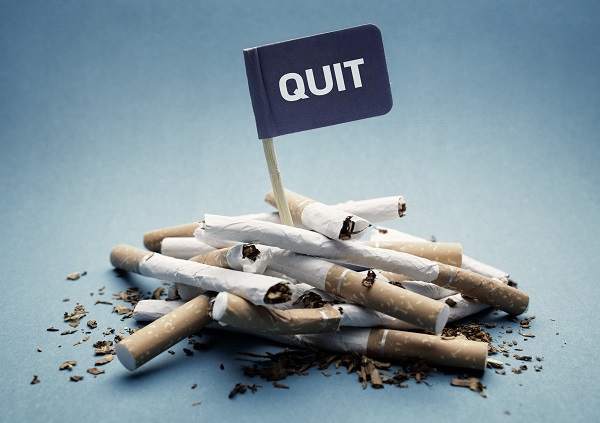You need a certain amount of cholesterol for your body to function properly. This waxy substance is made in the liver and serves to keep cell walls flexible. There are two basic types of cholesterol, classified by how they are carried throughout the blood. They are high-density lipoprotein HDL and low-density lipoprotein LDL, or good and bad cholesterol, respectively. Both of these lipoproteins carry cholesterol, and keeping them in balance is key.
A simple blood test can tell you your total levels as well as break down the amounts of each type of cholesterol in your blood. That breakdown is important because too much bad cholesterol, or high HDL levels, can cause buildup in your blood vessels and compromise blood flow, which may lead to clogged arteries, heart attacks, and strokes. If you have been diagnosed with high cholesterol, and high LDL in particular, try using these eight ways to lower your cholesterol naturally.
Contents
Lower Your Cholesterol Naturally
1. Eat More Fiber

Fiber is an important part of a healthy diet. It is abundant in plant-based foods like fruits and vegetables. Whole grains like brown rice and oats are also good sources. Try to increase the amount of soluble fiber you consume, which has been shown to lower LDL levels.
2. Focus on Fats

Just like there are different types of cholesterol, there are also different fats. Some are good, while others should be avoided or limited as much as possible. The most common types of fats you will encounter in a normal diet include trans fats that have been altered through hydrogenation, saturated fats, polyunsaturated fats, and monounsaturated fats.
Of these, trans fats are the worst and should always be avoided. Polyunsaturated fats are good in moderation, as are saturated fats and monounsaturated fats. The key is to avoid partially hydrogenated oil and trans fats at all times.
3. Quit Smoking

If you are a smoker, now is the time to quit. If you aren’t a smoker, don’t start. Smoking increases your risk of developing heart disease, including high cholesterol and blood pressure. Second-hand smoke can be just as dangerous, so avoid situations where you will be breathing a lot of cigarette smoke when you can.
4. Increase Your Exercise

Exercise is one of the best things you can do to increase your heart health. It can help you with weight loss, keep your blood pressure under control, and lower your chance of having a heart attack or other cardiac event. The American Heart Association recommends adults get at least 150 minutes of moderate-intensity exercise each week. Try to break that up, so it is sustainable. A good rule of thumb is to be physically active for 30 minutes a day on five or more days a week.
5. Add a Supplement

Vitamins and nutritional supplements can help ensure your body (and heart) are getting the proper fuel they need to stay healthy and fit. While research is ongoing, a few promising choices that may help lower the amount of cholesterol in your blood include:
-
-
- Fish oil
- Coenzyme Q10
- Psyllium (fiber)
-
6. Drink Responsibly

Moderate alcohol consumption (up to one or two drinks per day) has been linked to better ratios of HDL to LDL in the bloodstream. Wine is a favorite of those looking to achieve health benefits. Keep in mind that too much alcohol can backfire and lead to liver damage.
7. Watch Your Weight

Cholesterol levels are directly linked to BMI and weight, with obesity being one of the most significant risk factors for developing heart disease. Try to maintain a healthy weight through a balanced diet and exercise. If you are currently overweight or obese, seek a healthy and sustainable method to lose weight.
8. Lower Stress Levels

Stress can wreak havoc on your body. It compromises your gut health, increases your chance of cardiovascular problems, and can contribute to elevated cholesterol levels. Find a stress reduction strategy that works for you and make it part of your regular routine. If you don’t know where to start, try one of these popular options:
-
-
- Mindful meditation
- Yoga
- Tai chi
- Massage therapy
-
While you need some cholesterol to function, too much can be dangerous. Using natural strategies like limiting unhealthy fats, increasing your exercise, and maintaining a healthy weight level can help you keep it in check.


